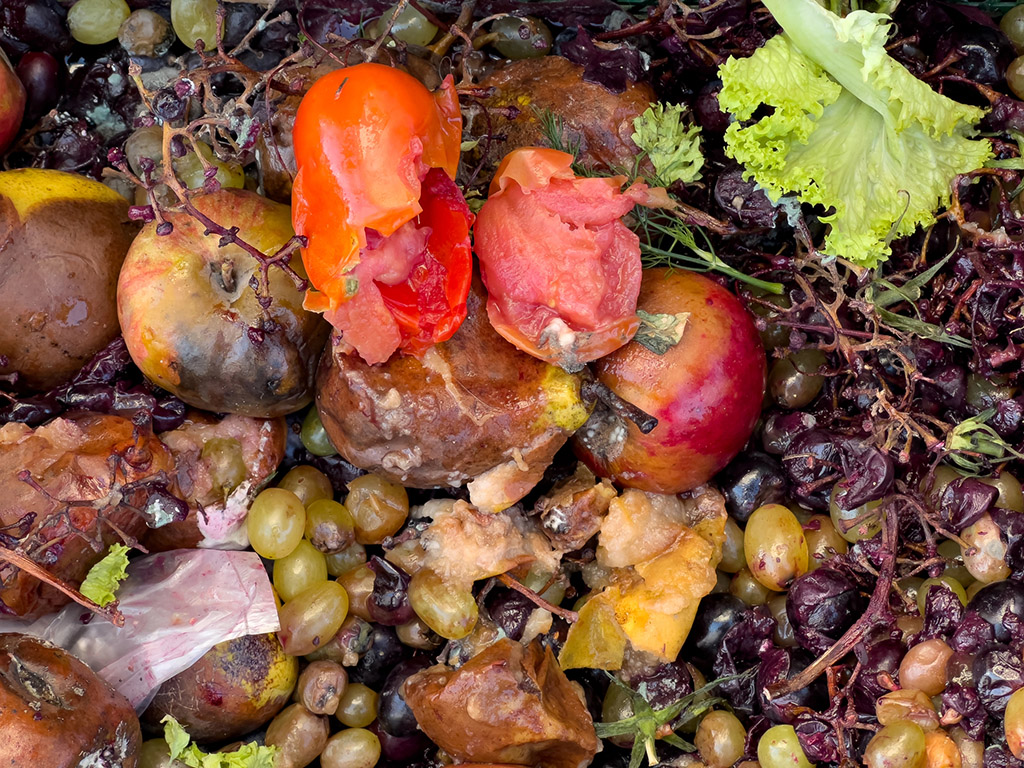Continued municipal resistance to implementing the pay-as-you-throw (PAYT) system is drawing renewed criticism amid warnings from the European Union over Cyprus’ broader waste management shortcomings.
Municipalities argue they require clarity on organic waste sites and processing costs, equipment funding, inspector recruitment and packaging waste system licensing which are all part of the pay-as-you-throw scheme.
They are also demanding that state grants for municipalities generally rise to €170 million from the current €117 million, citing inflation and increased operational requirements.
The Union of Municipalities president Andreas Vyras has stated that unless outstanding issues are resolved, he shall refuse to implement PAYT.
Opposition MPs have raised concerns about potential side effects of PAYT, citing examples such as the Aglandjia scheme which has it in place but where residents simply dump their rubbish in neighbouring municipalities, creating a 40 per cent increase in waste.
Despite the challenges, the environment department maintains that source separation remains the most effective method for reducing waste, even as local authorities warn of the costs and logistical complications associated with implementing PAYT without adequate support.
In parallel, the government has allocated €25 million to assist local authorities in launching PAYT, while the €35 million Smart Cities project includes a national smart waste management platform and smart lighting across municipalities.
Agriculture Minister Maria Panayiotou recently told parliament that households are expected to pay between €150 and €250 annually for PAYT, depending on the needs and viability studies of each local authority.
Environmental experts and policymakers warn that the continued ineffectiveness of protocols seriously risks prolonging chronic structural failures in Cyprus’ waste management system.
Observers stress that without decisive action including clear timelines, responsibilities, as well as monitoring mechanisms, Cyprus risks prolonging a cycle of impotent announcements without implementation.
The EU has repeatedly lambasted the inadequacies of national recycling schemes and the continued dumping of untreated waste.
Its new waste framework directive (WFD) emphasises the need for prevention at source as well as management.
A crucial part of that directive deals with organic and food waste. Article 9a specifically requires member states to introduce measures to curb food waste across every stage of the supply chain, from farms and manufacturers to private households.
A particularly vital issue towards alignment with these directives is the collection of organic biodegradable materials, which Cyprus was required to introduce by January 1, 2024.
Almost two years past the deadline, implementation remains minimal.
Organic waste represents roughly 40 per cent of household rubbish, and experts argue that diverting it from landfills would significantly relieve pressure on treatment facilities.
Prolonged rehabilitation of the Kotsiatis and Vati landfill sites and irregularities in the construction of the Pentakomo treatment plant have further undermined compliance efforts.
Speaking to the Sunday Mail this week Green Party MP Charalambos Theopemptou said that many municipalities lack even the basic infrastructure required for the transition.
“They will need new specialised trucks, designated brown bins, and proper sites for organic waste processing, the infrastructure simply does not exist in several areas,” he said.
He also emphasised the geographic difficulties PAYT faces, with “remote and mountainous communities unable to be serviced the same way as urban centres, and this has to be reflected in planning and funding.”
Another major obstacle concerns apartment buildings.
“Within high-rise blocks we don’t know who is recycling and who isn’t. That anonymity makes PAYT harder to apply fairly,” he warned.
Suggesting steps that could be taken immediately to improve the crisis, he urged communities to adopt automatic composters, adding that in areas near agricultural or livestock operations localised organic waste collection could start immediately.
Other measures include the catering industry.
“Companies involved in food production, catering, hospitality and event management must be included in efforts to reduce waste generation. We can begin programmes right now targeting major producers of food waste, especially hotels and large venues.”
On the issue of surplus food, Theopemptou recommended that “redistributing food that is safe to consume, as many EU states already do, could significantly reduce waste across multiple industries.”
However, he pointed out regulatory barriers, saying: “Private initiatives are ready to move, but the regulations still don’t clearly outline how donation and redistribution should work, and this creates huge bureaucratic obstacles.”
He further warned that Cyprus remains the EU’s worst performer on organic waste.
“We only have about eight years left for the remaining waste directives, but for organic waste the deadline is effectively just two years. We cannot afford more delays.”






Click here to change your cookie preferences